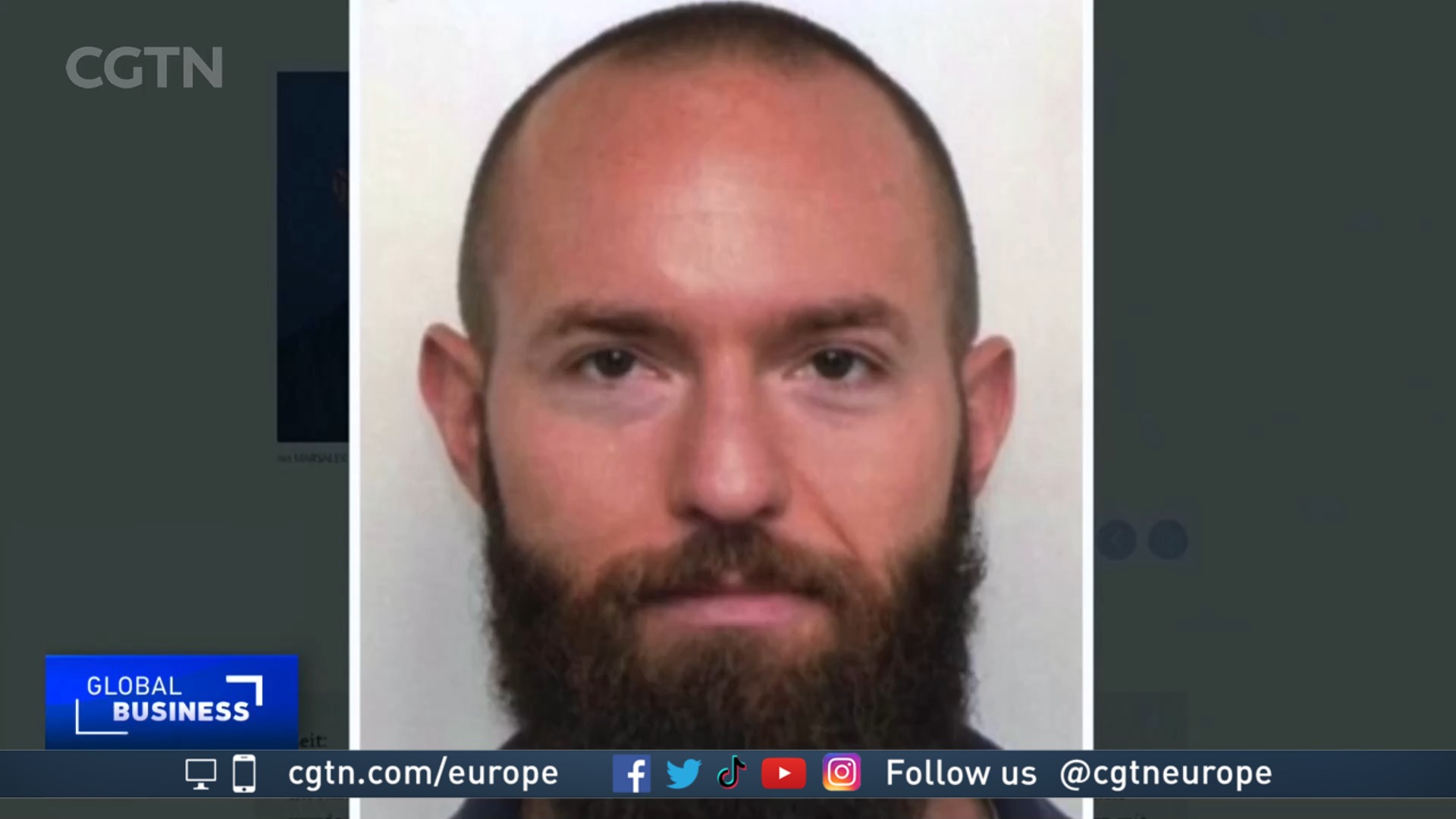03:16

The trial for Germany's largest postwar financial fraud case began on Thursday in Munich.
On the docket is the former CEO of the now defunct Wirecard payment services company, along with two other company executives.
The trial began with the reading by prosecutors of the first 90 pages of the indictment against the three men, who face a number of charges including accounting fraud and market manipulation.
"The scope of this trial is huge," court spokesperson Laurent Lafleur told a crowd of waiting journalists outside Munich's Higher Regional Court. "We have led extensive investigations that have lasted for several years, and which have led to a total of 870 files and have resulted in an indictment that runs to more than 500 pages."
READ MORE
Spanish police raid Europe's drug 'super cartel'
The family with six generations of UK-China trading
China's forgotten heroes
Noticeably absent from Thursday's proceedings was Jan Masalek, the former Wirecard chief operating officer and head of its Asia operations who evaded arrest in 2020 after it was discovered that $2.1 billion had disappeared from supposed trust accounts at banks in the Philippines – accounts that did not exist, forcing the first ever bankruptcy of a DAX listed company.
In court Masalek was described as the mastermind by Braun's defence team, who claimed that Braun and his co-defendants were "victims" of Masalek's "fraud gang."
The two other defendants are former Wirecard accounting boss Stephan von Erffa and the ex head of Wirecard's Dubai subsidiary, Oliver Bellenhaus – who will act as a key witness for the prosecution.
German prosecutors believe the former Wirecard executives artificially increased the company's assets and revenues in order to appear financially stronger and more attractive to investors – large-scale "commercial fraud” that prosecutors say was happening as far back as 2015.

Wirecard's former CEO Markus Braun in the Munich court. /Lukas Barth/Reuters
Wirecard's former CEO Markus Braun in the Munich court. /Lukas Barth/Reuters
The downfall of Germany's homegrown tech champion also brought sharp criticism of the federal government and financial watchdog Bafin for missing early warning signs.
Evidence was discovered that chancellor Olaf Scholz, Germany's finance minister at the time, was told as early as February 2019 of the potential misconduct.
Even former chancellor Angela Merkel faced questioning over reports that she promoted the company during a trip to China in September 2019, when journalists were already voicing doubt about Wirecard's books.
According to a parliamentary investigating committee's final report, the economic damage from the Wirecard scandal amounted to $30 billion.
While Thursday's hearing only lasted a couple of hours, coverage by journalists from all over the world lasted well into the evening hours.
One hundred tentative trial dates have been set up throughout 2023 at the high-security courthouse for the three defendants, making a verdict unlikely until 2024.
If found guilty Markus Braun, Von Erffa and Bellenhaus could face up to 15 years in jail.